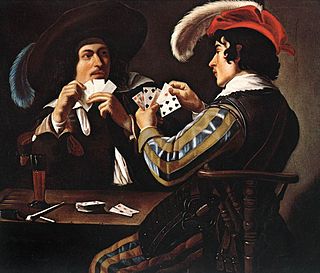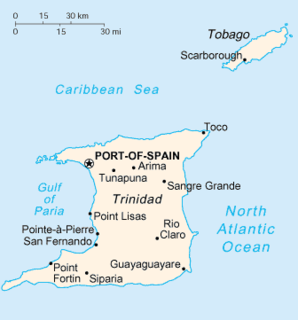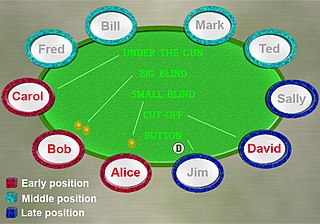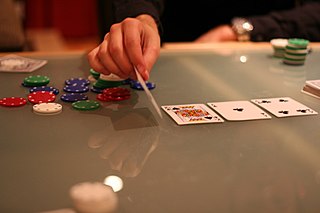 | |
| Origin | English |
|---|---|
| Alternative names | Brag |
| Type | Gambling |
| Players | 2 upwards |
| Skills required | Counting |
| Cards | 52 cards |
| Deck | Anglo-American |
| Play | Clockwise |
| Playing time | 5-10 min. |
| Random chance | Medium |
| Related games | |
| Teen patti, poker | |
Three-card brag is a 16th-century British card game, and the British national representative of the vying or "bluffing" family of gambling games. [1] Brag is a direct descendant of the Elizabethan game of Primero [2] and one of the several ancestors to poker, just varying in betting style and hand rankings.

The United Kingdom of Great Britain and Northern Ireland, commonly known as the United Kingdom (UK) or Britain, is a sovereign country located off the north-western coast of the European mainland. The United Kingdom includes the island of Great Britain, the north-eastern part of the island of Ireland, and many smaller islands. Northern Ireland is the only part of the United Kingdom that shares a land border with another sovereign state, the Republic of Ireland. Apart from this land border, the United Kingdom is surrounded by the Atlantic Ocean, with the North Sea to the east, the English Channel to the south and the Celtic Sea to the south-west, giving it the 12th-longest coastline in the world. The Irish Sea separates Great Britain and Ireland. The United Kingdom's 242,500 square kilometres (93,600 sq mi) were home to an estimated 66.0 million inhabitants in 2017.

A card game is any game using playing cards as the primary device with which the game is played, be they traditional or game-specific.

Primero, is a 16th-century gambling card game of which the earliest reference dates back to 1526. Primero is closely related to the game of primo visto, if not the same.
Contents
A variant of the game is very popular in Trinidad, India, Bangladesh and Nepal, where it is known as "faras" and teen patti (literally 'three cards' in Hindi), played with numerous local variations.

Trinidad is the larger and more populous of the two major islands of Trinidad and Tobago. The island lies 11 km (6.8 mi) off the northeastern coast of Venezuela and sits on the continental shelf of South America. It is often referred to as the southernmost island in the Caribbean. With an area of 4,768 km2 (1,841 sq mi), it is also the fifth largest in the West Indies.

India is a country in South Asia. It is the seventh-largest country by area, the second-most populous country, and the most populous democracy in the world. Bounded by the Indian Ocean on the south, the Arabian Sea on the southwest, and the Bay of Bengal on the southeast, it shares land borders with Pakistan to the west; China, Nepal, and Bhutan to the north; and Bangladesh and Myanmar to the east. In the Indian Ocean, India is in the vicinity of Sri Lanka and the Maldives; its Andaman and Nicobar Islands share a maritime border with Thailand and Indonesia.

Bangladesh, officially the People's Republic of Bangladesh, is a country in South Asia. While it is the 92nd-largest country, spanning 147,570 square kilometres (56,980 sq mi), it is the world's 8th-most populous country with a population nearing 163 million, making it one of the most densely populated countries in the world. Bangladesh shares land borders with India to the west, north and the east and Myanmar to the east, whereas the Bay of Bengal lies to its south. Dhaka, its capital and largest city, is also the economic, political and the cultural hub of the country. Chittagong, the largest sea port, is the second largest city. The country's geography is dominated by the Ganges delta which empties into the Bay of Bengal the combined waters of several river systems, including those of the Brahmaputra and the Ganges. As a result, the country is criss-crossed by numerous rivers and inland water ways. Highlands with evergreen forests cover the landscape in the northeastern and southeastern regions of the country. The country also features the longest natural sea beach and most of the largest mangrove forest in the world. The country's biodiversity includes a vast array of plants and wildlife, including the endangered Bengal tiger, the national animal.

























